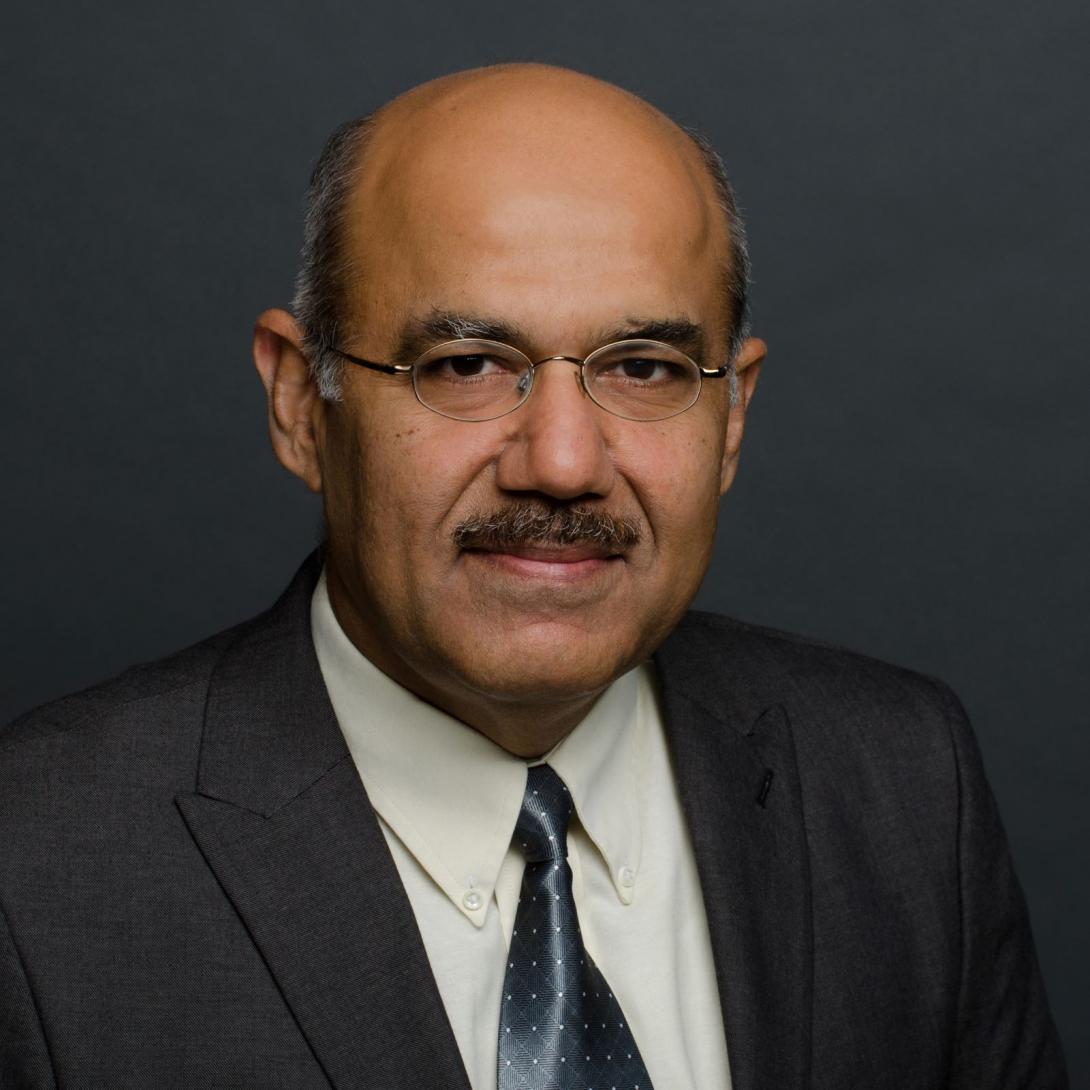-
Learning the Koopman Operator for Dynamic Data

Learning the Koopman Operator for Dynamic Data
Recent work in the study of dynamic systems has focused on data-driven decomposition techniques that approximate the action of the Koopman operator on observable functions of the underlying phenomena.
In particular, the data-driven method of dynamic mode decomposition (DMD) has been explored, with multiple variants of the algorithm in existence, including extended DMD, DMD in reproducing kernel Hilbert spaces, a Bayesian framework, a variant for stochastic dynamical systems, and a variant that uses deep neural networks. In this talk, I shall briefly summarize the large existing work on data-driven learning of Koopman operator models, and then describe new sampling-based sketching approaches (SketchyCoreSVD, SketchyCoreTucker) together with matrix-valued Kernels, to achieve accelerated Koopman operator approximations of dynamic observable data. Examples are drawn from remote sensing and FTIR hyperspectral tensor images, bio-medical cardiac magnetic resonance video, and time series reactive flow simulations of a single ejector combustion process.
Chandrajit Bajaj is the director of the Center for Computational Visualization, in the Oden Institute for Computational and Engineering Sciences and a Professor of Computer Sciences at the University of Texas at Austin. Bajaj holds the Computational Applied Mathematics Chair in Visualization. He is also an affiliate faculty member of Mathematics, Computational Neuroscience, and Electrical Engineering. He is currently on the editorial boards for the International Journal of Computational Geometry and Applications, and the ACM Computing Surveys, and past editorial member of the SIAM Journal on Imaging Sciences. He was awarded a distinguished alumnus award from the Indian Institute of Technology, Delhi, (IIT, Delhi). He is also a Fellow of The American Association for the Advancement of Science (AAAS), Fellow of the Association for Computing Machinery (ACM), Fellow of the Institute of Electrical and Electronic Engineers (IEEE), and Fellow of the Society of Industrial and Applied Mathematics (SIAM).
